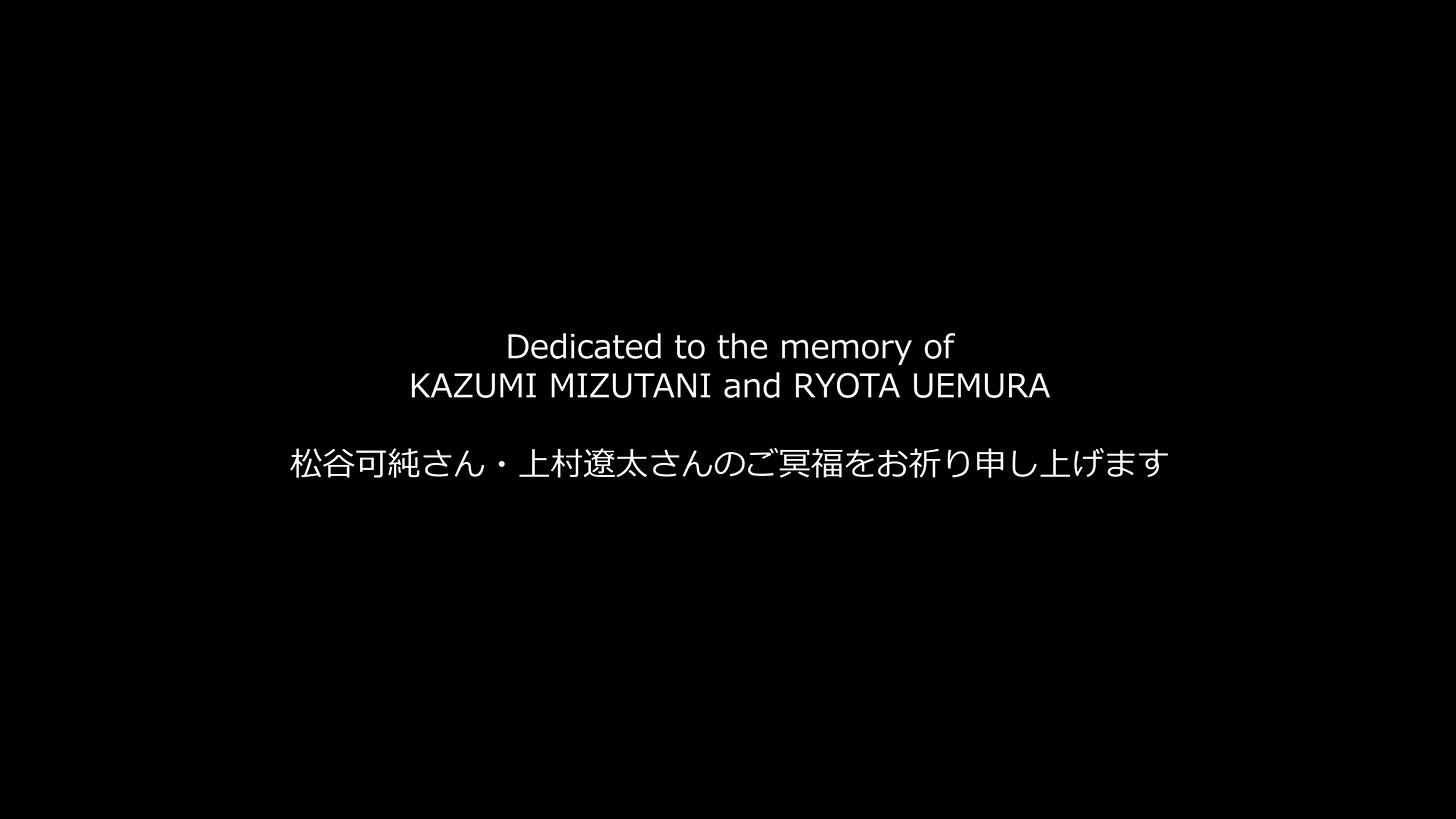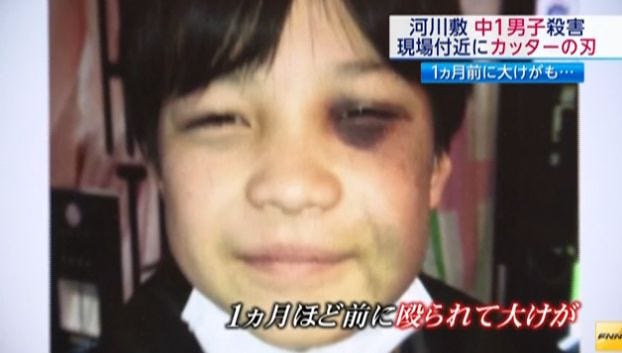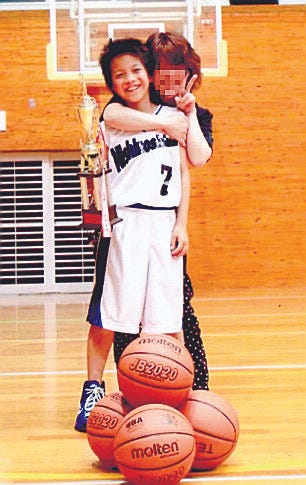I first found out about Ryota Uemura’s story from Mayumi Nishida. Mayumi runs a single mother support organisation called Heart Full Family, and during our interview for my documentary The Ones Left Behind: The Plight of Single Mothers in Japan, she told me this was the case that changed everything for her. Her own son had started going down a dangerous path, getting caught up with the wrong crowd and had been arrested many times. When Ryota was killed, she thought, That could have been my son. That was the moment she knew she had to act. Keep reading down as I have put the YouTube link to this part of the documentary further down.
Ryota Uemura was only 13 years old. In February 2015, his body was found along the banks of the Tama River in Kawasaki. He had been stripped naked, stabbed dozens of times, and forced into the freezing water. The reports said there were more than 40 stab wounds and that some of the cuts were to his neck. Some said it looked like he had been tortured. He died alone in the freezing cold, left there like his life didn’t matter.
But it did.

Ryota came from a single-parent home. His parents had divorced, and he lived with his mother and four other younger siblings. People who knew him said he was bright and kind. But somewhere along the way, he fell in with older boys who used him. They made him shoplift, hang out late at night, and when he tried to distance himself, they turned on him violently.
What made this case even more disturbing was what came out later in court. The ringleader, just 18 at the time, had been watching ISIL execution videos. He wanted to recreate what he had seen and that shows how poisoned his mind already was.
The media focused on his mother, marrying shame with coverage.
From day one, journalists didn’t just report the murder. They zeroed in on Ryota’s family situation and emphasized that Ryota had been raised by a single mother working long hours to support five children after his parents’ divorce . Reports noted how she juggled early mornings, late nights, multiple jobs, and how little time she had to connect with her son.
Mayumi says that this wasn’t just storytelling, rather it felt like blame. Newspapers and the TV news highlighted that single-parent households in Japan are often poor, unstable, and carry social stigma. By layering statistics about poverty in single-mother homes (like how overwhelmingly they struggle with low income) the media subtly suggested that Ryota’s mother’s situation had contributed to his fate. They also said things about her private life, like whether she had a boyfriend or not.
The police caught the suspects quickly, but that didn’t make anyone feel better. The sheer cruelty of what Ryota went through sent shockwaves across Japan. Even the Prime Minister Shinzo Abe publicly expressed his horror. But it wasn’t just the brutality, it was the fear that maybe this wasn’t a one-off. Maybe this could happen again. Maybe, as Mayumi thought, it could happen to anyone’s child.
At the trial, the main offender received a juvenile sentence but only between nine to thirteen years. Ryota’s family, especially his father, said it was not enough. How could it be? The boy they loved was gone forever, and the ones who took his life would someday walk free.
Mayumi took that pain and turned it into action. She started Heart Full Family to help single parents and to reach kids before they end up in gangs or on the streets. She wanted to help parents like herself who feel powerless, to create something out of the fear she felt when she saw Ryota’s photo in the news.
This case is not just a headline. It is a mirror. It forces us to ask what kind of society lets a 13-year-old get dragged so far away from safety, from hope. What kind of community looks the other way until it’s too late?
Ryota Uemura should have had a future. School, love, dreams. All taken from him by boys barely older than he was.
So yes, this story is hard to tell. But it needs to be told - and I do so in The Ones Left Behind: The Plight of Single Mothers in Japan.
Because if it made one mother rise up and create something that’s saving lives, then maybe telling it again can spark something in someone else. We owe Ryota that much.
Rest in peace, Ryota.
Rionne McAvoy is the director of the award-winning documentary The One's Left Behind: The Plight of Single Mothers in Japan, showcasing his dedication to addressing pressing social issues. A committed documentary filmmaker and professional wrestler, he explores critical themes with passion and insight. Additionally, he has a keen interest in post-World War II Japan, particularly the intricate connections between politicians and gangsters during that era. Known in the professional wrestling ring as Rionne Fujiwara, he brings the same determination and storytelling prowess from his wrestling persona to his filmmaking endeavors.






